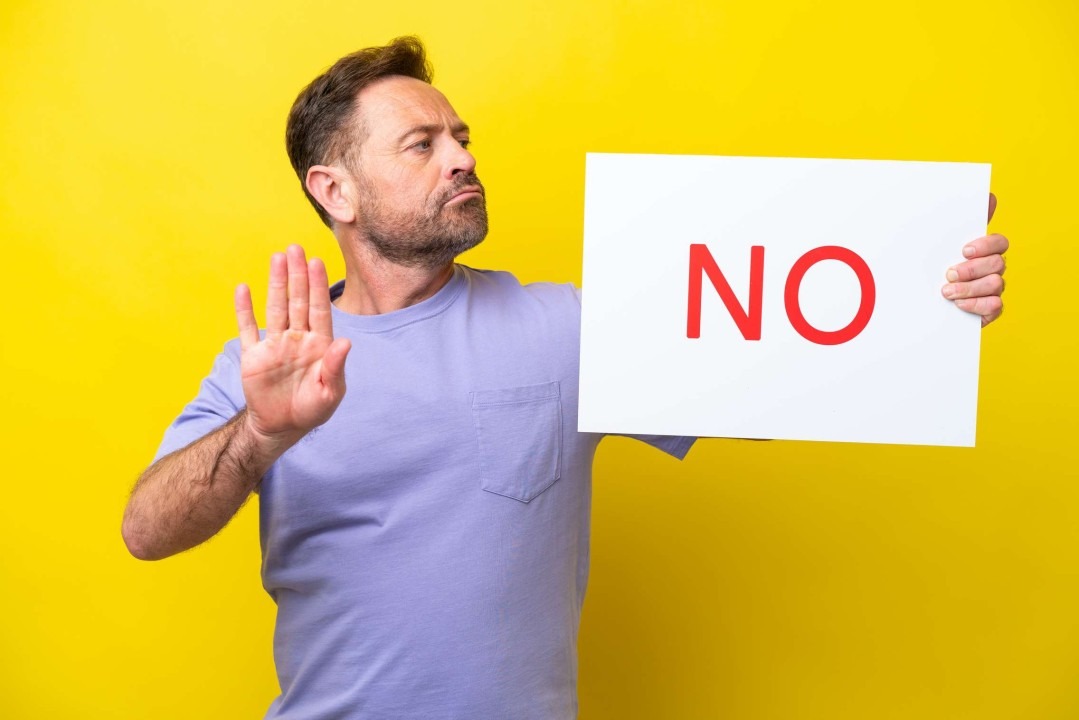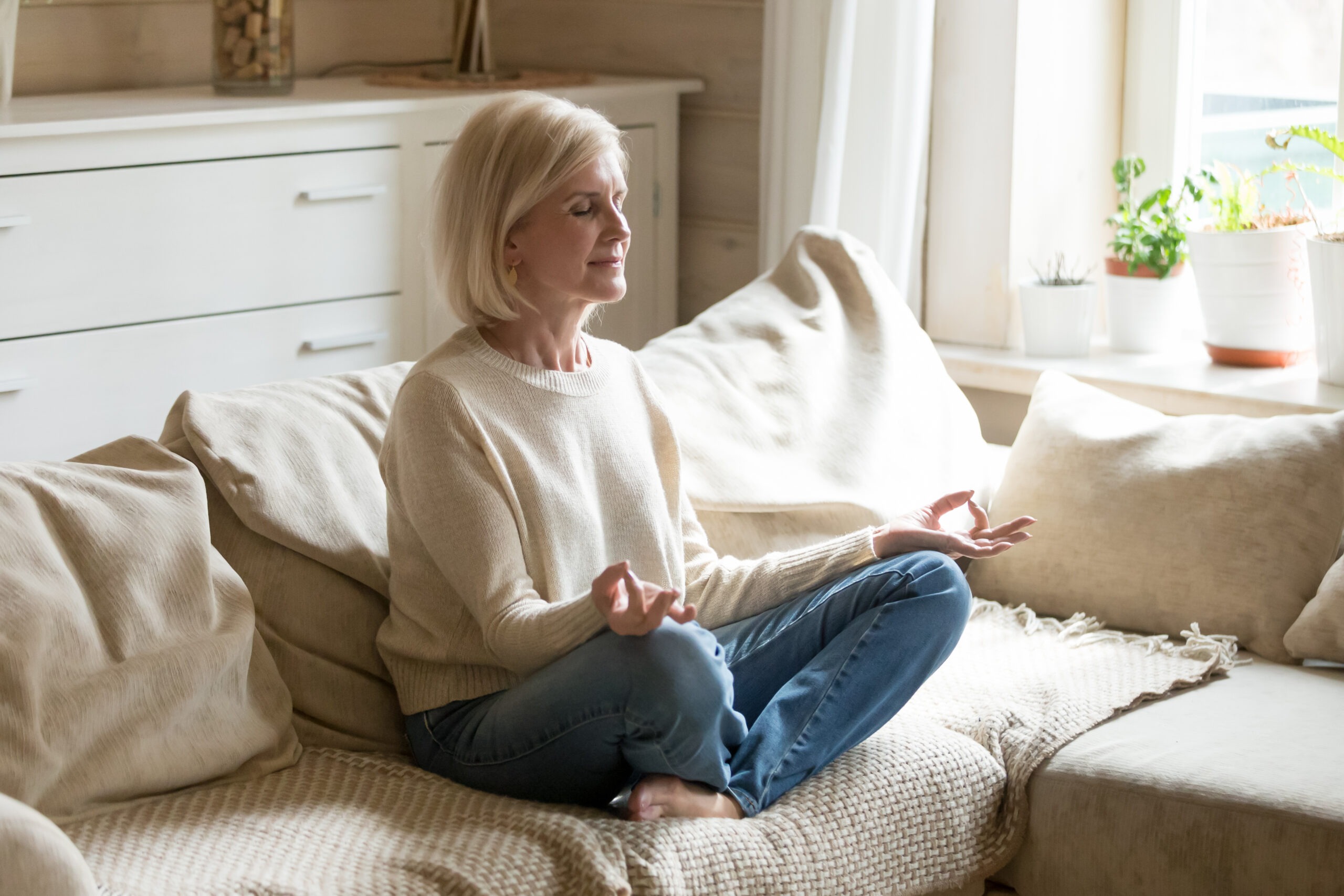Why Is Saying No So Hard?
Many people struggle with saying no because of:
-
Fear of disappointing others
-
Desire to be liked or seen as helpful
-
Guilt over setting boundaries
-
Cultural or family pressure to always be accommodating
The problem is that overcommitting leads to feeling overwhelmed and underappreciated. And ironically, constantly saying yes doesn’t build respect—it often invites more requests.
Reframe the Way You See “No”
Before diving into techniques, it’s important to shift your mindset.
Think of saying no not as a rejection, but as an act of honesty and self-respect. You're not being rude or difficult—you’re being real about what you can handle. A respectful no is often more appreciated than a resentful yes.
Saying no also means saying yes to:
-
Your priorities
-
Your well-being
-
Your time and energy
And that’s something worth protecting.
How to Say No Without Feeling Like a Bad Person
Let’s break it down into clear, practical steps.
1. Know Your Limits
Before you can confidently say no, you need to be clear on your own bandwidth and boundaries.
Ask yourself:
-
Do I have the time for this?
-
Will saying yes affect something else important to me?
-
Am I doing this out of obligation or genuine desire?
When you're aware of your own limits, it’s easier to make decisions that align with your values.
2. Use Clear, Respectful Language
You don’t need an elaborate excuse or apology. In fact, overexplaining can make you sound uncertain—and invites people to push back.
Here are a few simple, effective phrases:
-
“I appreciate you thinking of me, but I can’t commit to that right now.”
-
“That’s not something I’m able to take on.”
-
“Thanks for asking, but I have to say no.”
The goal is to be kind but firm. Politeness and clarity can coexist.
3. Practice the “Pause”
If you're caught off guard by a request, it’s okay to buy time instead of saying yes on the spot.
Try:
-
“Let me check my schedule and get back to you.”
-
“I’ll need to think about that before I give you an answer.”
This gives you space to make a thoughtful decision rather than reacting out of pressure or guilt.
4. Offer Alternatives (If You Want To)
Sometimes, you may want to help—just not in the way that’s being asked. Offering an alternative can soften the no without overcommitting.
Examples:
-
“I can’t join the event, but I’d love to catch up another time.”
-
“I can’t take on the whole project, but I’m happy to review it once it’s drafted.”
Only do this if it genuinely works for you. Don't create more work for yourself just to ease discomfort.
5. Watch for Manipulation or Pressure
Some people will try to guilt you into a yes. Phrases like:
-
“It’s not that big of a deal…”
-
“But you’re so good at it!”
-
“I really need you to do this.”
These are red flags. Stay calm, repeat your no if needed, and don’t justify more than necessary.
You’re not responsible for someone else’s disappointment. You are responsible for your boundaries.
6. Practice in Low-Stakes Situations
Like any skill, learning to say no takes practice. Start with smaller things—declining a coffee invite when you're tired or saying no to an email request that isn’t urgent.
Each time you say no and survive (you will!), you’ll build confidence. It gets easier with time.
7. Remind Yourself: No Is a Complete Sentence
You don’t owe anyone an explanation for taking care of your own time and energy. “No” is valid on its own.
If you struggle with this, remind yourself:
Saying no to others is sometimes saying yes to myself.
A Real-Life Example
Let’s say a coworker asks you to help with a task that isn’t your responsibility. You want to help, but you’re already behind on your own work.
Unhelpful response: “Ugh, okay... I’ll try to fit it in somehow.”
Better response: “I’d love to help, but I’m already booked up this week. Hope you understand.”
The second version is polite, honest, and leaves no room for guilt or confusion.
Final Thoughts: Saying No Is a Superpower
In a world that constantly asks for more—more time, more effort, more yes—learning to say no is an act of courage. It means honoring your own needs, setting boundaries that protect your well-being, and showing up more fully for the things that truly matter.
The key takeaway: Saying no doesn’t make you selfish. It makes you self-aware.
So next time you feel the pressure to say yes out of guilt or fear, pause—and remember: your time is valuable, your energy is limited, and you have the right to choose how both are used.








